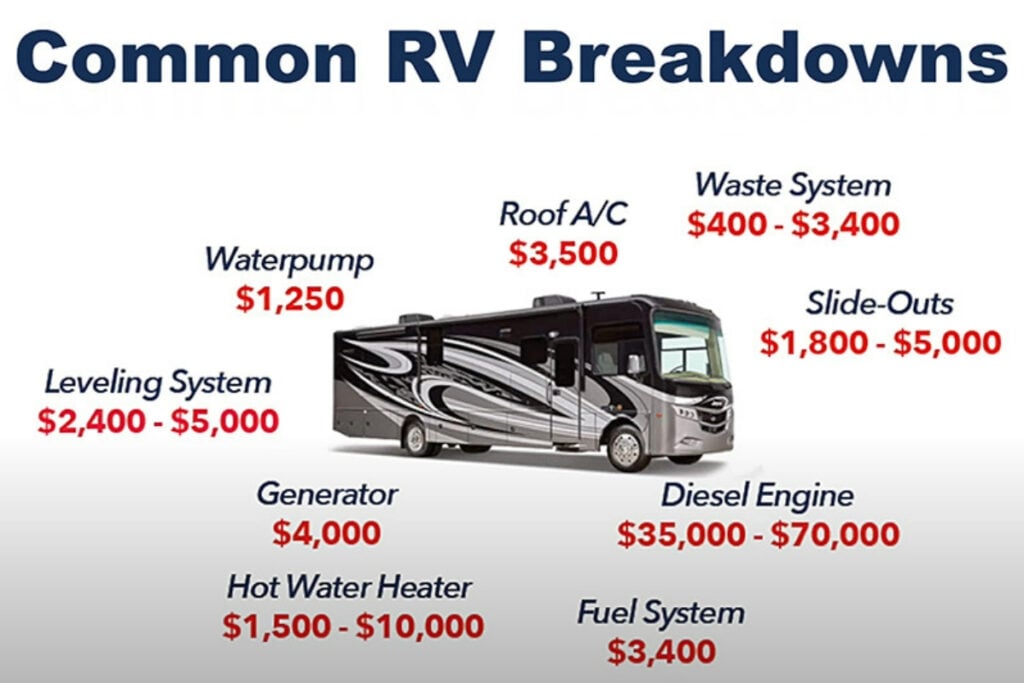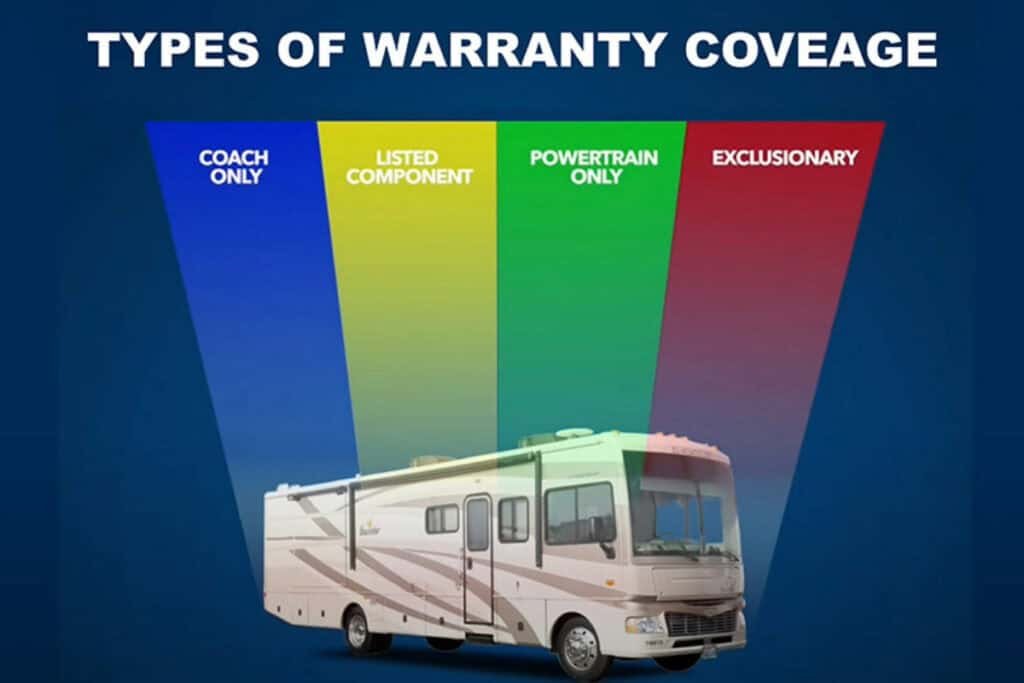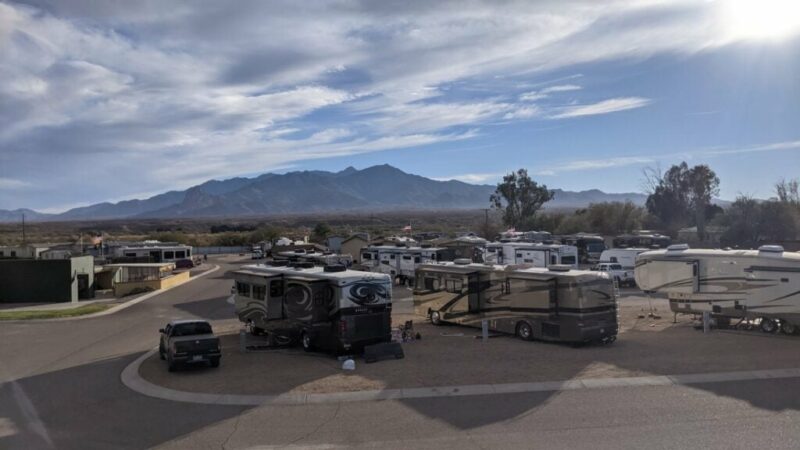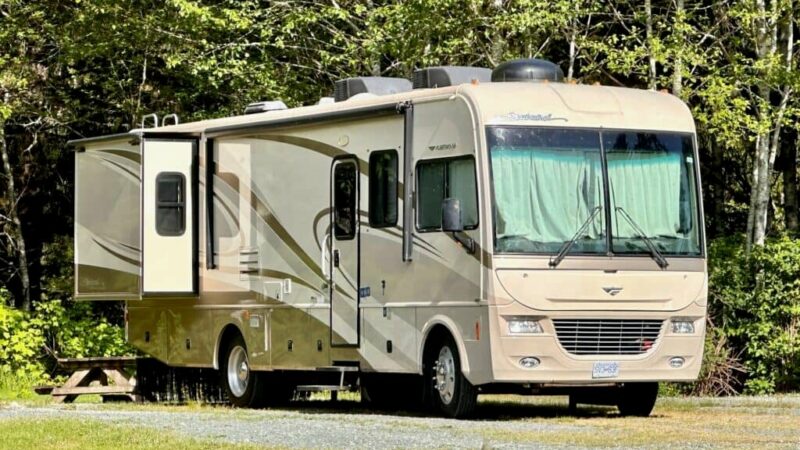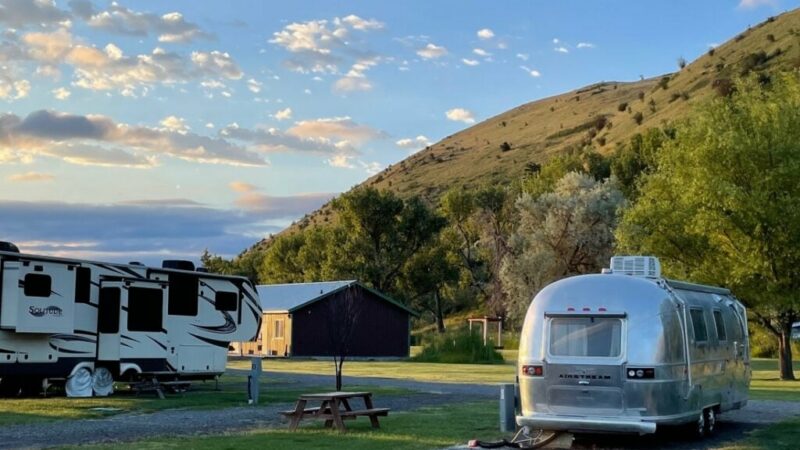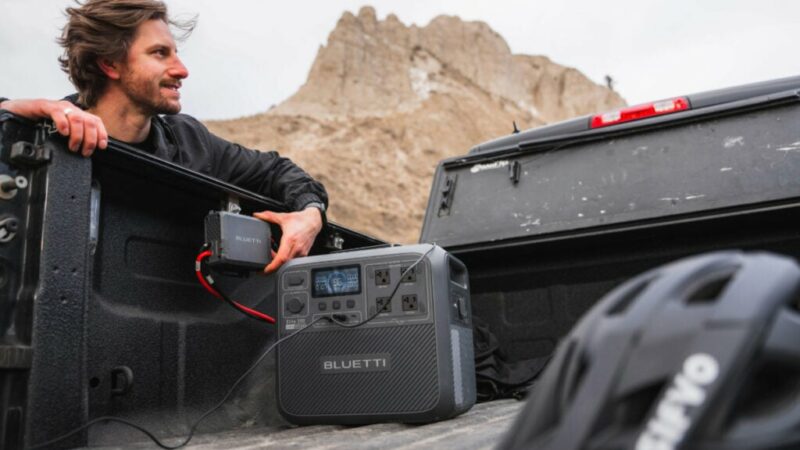Timing Matters: When To Buy an RV Warranty

Sponsored by Wholesale Warranties
Get Your RV Warranty in Check Before New Year Price Hikes
As the weather cools and the travel season winds down, it’s a good time for RV owners to take stock of the past year’s adventures and plan ahead. Whether you’re winterizing your RV or planning another getaway, now’s a smart time to think about how to protect your rig in the coming years. With everything RVers have to keep in mind, safeguarding your investment with the right RV warranty might not always be top of mind.
However, just like regular maintenance checks and updates to your travel itineraries, ensuring you have the right protection in place is just as important. Let’s explore what an RV warranty can do for you, how it integrates into responsible RV ownership, and why now, with impending changes in pricing, might be the right time to consider securing or updating your coverage with a reputable broker like Wholesale Warranties.
What Is an RV Warranty and Why Do You Need One?
An RV extended warranty is a service contract designed to protect RV owners from the high costs of unexpected repairs. Unlike regular insurance, which typically covers accidents or damage from external events, an RV warranty steps in to cover mechanical and electrical failures that can happen as you use your RV. This coverage extends across a wide range of components, from your refrigerator to your engine, providing a crucial safeguard against the rising cost of RV repairs.
Did you know that 3 out of every 10 RVs will suffer a major breakdown by just their second year on the road? This statistic jumps to 8 out of 10 RVs by their fifth year, and nearly every RV will experience significant issues by their eighth year. Whether you’re just picking up a new RV or are well into your travels, an RV warranty offers peace of mind that a major repair won’t derail your adventures or blow your travel budget.
Types of RV Warranties
There are different types of RV warranties to suit varying needs:
| Coverage Type | Components Covered | Cost Level | Ideal For |
| Comprehensive Coverage | Engine, Transmission, Brakes, Refrigerator, Air Conditioning, Wiring, Leveling Systems, Slide-outs | Mid-range Cost | Broad protection for major components |
| Exclusionary Coverage | All components except pre-existing conditions and aesthetic elements | High Cost | Maximum coverage with few exclusions |
| Coach-Only Coverage | Slide-outs, Leveling Jacks, Air Conditioning (excludes engine and powertrain) | Low Cost | High-mileage or newer RVs with existing powertrain warranty |
| Powertrain-Only Coverage | Engine, Transmission, Powertrain (excludes coach items) | Lowest Cost | RVs needing coverage for high-ticket mechanical items only |
Why Your RV’s Age Matters
The age of your RV plays a key role in determining the cost and availability of warranty coverage. As RVs age, they are more prone to mechanical failures, which increases the cost of warranties due to the higher risk for underwriters. Simply put, the older your RV, the more expensive it is to cover, and in some cases, older units may even age out of warranty eligibility.
On the flip side, newer RVs might come with premium pricing but typically experience fewer breakdowns. This means they can qualify for better warranty terms and lower rates. With today’s RVs becoming increasingly complex, the potential for costly repairs rises, making early warranty investment a smart move.
Beat the Calendar: Secure Your Warranty Before January 1st
Each year, RVs are considered one model year older on January 1st, regardless of their purchase date. This industry standard can significantly impact your warranty options and costs. If you’re considering coverage but haven’t locked it in yet, it’s highly advisable to do so before the new year. Waiting can mean paying more for the same coverage or even losing eligibility altogether if your RV ages out.
By securing your warranty before January 1st, you not only lock in the current rates but also protect your RV from the inevitable price hikes that come with aging.
Addressing Common Misconceptions About RV Warranties
 Misconception #1: Storing Your RV Means You Don’t Need a Warranty
Misconception #1: Storing Your RV Means You Don’t Need a Warranty
A common misconception is that if your RV is in storage for the winter, you don’t need a warranty. However, many RV failures occur when units come out of storage, as they aren’t designed to sit unused for long periods. Locking in your warranty before storage ensures that any issues discovered in the new year will be covered, saving you from unexpected repair bills just when you’re ready to hit the road again.
 Misconception #2: I Should Wait Until My Manufacturer’s Warranty Expires
Misconception #2: I Should Wait Until My Manufacturer’s Warranty Expires
Some RV owners believe it’s best to wait until the manufacturer’s warranty expires before purchasing an extended warranty. In reality, it’s more cost-effective to buy an extended warranty while your RV is still new. You’ll often receive better rates and longer terms, and the additional coverage can complement your manufacturer’s warranty, covering items it might not, like roadside assistance and tire protection.
 Misconception #3: Selling Your RV Makes a Warranty Unnecessary
Misconception #3: Selling Your RV Makes a Warranty Unnecessary
If you’re planning to sell your RV, you might think a warranty isn’t worth the investment. However, warranties can be transferred to the new owner at a minimal cost, often increasing the resale value by assuring buyers they won’t be saddled with unexpected repair bills. Additionally, if you decide to cancel your warranty, you can receive a pro-rated refund, making it a flexible and valuable investment.
Additional Benefits of RV Warranties
When choosing an RV warranty, it’s not just about covering potential breakdowns. Your contract may also offer a variety of additional benefits that enhance your peace of mind and travel readiness, even if your current repairs are covered under the manufacturer’s warranty. Again, this will vary based on where you buy the contract, but providers like Wholesale Warranties include additional benefits in their contracts, such as:
 RV Roadside Assistance: Should you find yourself stranded due to a breakdown, RV roadside assistance ensures you’re not alone. This service can include towing, flat tire changes, jump starts, and more.
RV Roadside Assistance: Should you find yourself stranded due to a breakdown, RV roadside assistance ensures you’re not alone. This service can include towing, flat tire changes, jump starts, and more.
 Tire and Wheel Protection: Road hazards are a reality for all travelers. Tire and wheel protection plans cover the cost of repairs or replacements, safeguarding you against the expense of tire damage from nails, glass, potholes, or other debris.
Tire and Wheel Protection: Road hazards are a reality for all travelers. Tire and wheel protection plans cover the cost of repairs or replacements, safeguarding you against the expense of tire damage from nails, glass, potholes, or other debris.
 RV Tech Assistance: Sometimes, you just need expert advice. RV tech assistance provides access to professional support for troubleshooting and guidance on various RV systems and appliances, ensuring you can handle issues as they arise.
RV Tech Assistance: Sometimes, you just need expert advice. RV tech assistance provides access to professional support for troubleshooting and guidance on various RV systems and appliances, ensuring you can handle issues as they arise.
Ready To Protect Your RV?
With the right RV warranty, you can travel confidently, knowing that unexpected repairs and road issues won’t derail your plans or your budget. As the year winds down and changes loom, now is the time to act. By securing your coverage before January 1st, you’ll lock in the best rates and avoid the pitfalls of waiting.
Ready to explore your options? Contact Wholesale Warranties for a free, no-obligation quote and learn more about how you can protect your RV investment today. With comprehensive coverage options, including roadside assistance and tech support, Wholesale Warranties offers peace of mind for every mile of your journey.
The post Timing Matters: When To Buy an RV Warranty appeared first on RV LIFE.

